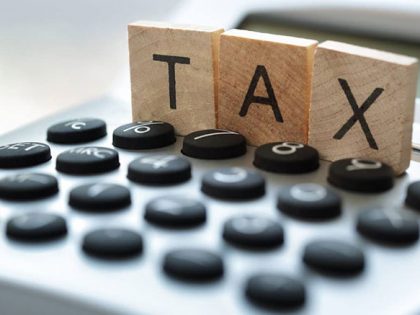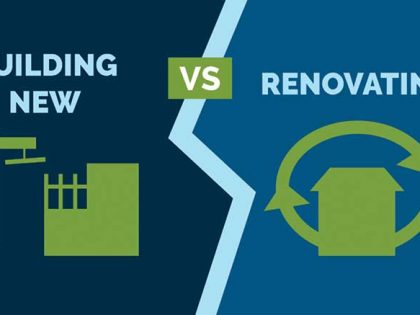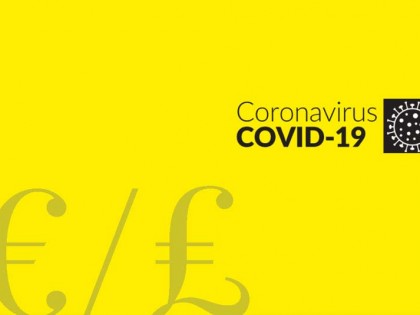Do you know what a deposit contract is? Also known as an earnest money contract, it is the legal documentation that allows you to reserve a property that you like before formalising the purchase contract. The truth is that it is a tool that is very often used in this type of situation, because it is also quite simple.
Even so, there are some concepts that we must clarify and keep in mind in order to avoid problems in the future.
According to the official definition from the Spanish Organisation of Consumers and Users, it is a private contract signed by the seller and the buyer of a property to ensure the reservation of a property and thus prevent any of the parties from backing out before the formalisation of the public deed before a notary. This is a written pre-agreement that implies a subsequent sale and purchase under the conditions agreed and reflected in this contract.
If, subsequent to this written reservation and commitment, either of the parties refuses to complete the purchase-sale action, this may entail a penalty. Therefore, although the signing of a document such as the earnest money contract is simple, it is always advisable to seek the advice of an expert in the field.
What types of deposit contracts are there?
There are three types of earnest money that are adapted to the needs of each buyer or seller:
Withdrawal
These are the most common type and are set out in article 1.454 of the Civil Code. It gives both parties the option of not formalising the purchase contract. If it is the seller who withdraws from the transaction, he would have to return the economic amount of the deposit multiplied by two. However, if it is the buyer who refuses to complete the purchase of the property, he would lose the deposit.
Penal
These differ from the previous ones in that their objective is to guarantee the purchase and sale of the property. They are reflected in articles 1.152 and 1.153 of the Civil Code. In this case, if one of the parties does not comply with the contract, apart from the economic compensation that is also given in the penitential deposits, the injured party can demand the fulfilment of the contract and compensation for damages.
Confirmatory
These are included in article 1.124 of the Civil Code and are characterised by the fact that, in the event of non-performance, it would be necessary to go to court and there the consequences for the party that has withdrawn from the contract would be determined.
What should an earnest money contract look like?
These are the points that should be included in a deposit contract:
- Personal details.Of both the buyer and the seller.
- Details of the property. All the characteristics of the property, including the address or cadastral reference number.
- Cost of the reservation. The amount that the buyer is going to pay to the seller for the reservation of the property.
- Price of the property. What is the total cost of the sale and purchase operation.
- Buying and selling expenses. The added expenses and who is responsible for them.
- Burdens. If there are charges affecting the property, it must be indicated who is responsible for them.
- Deadline. How long there is to finalise the transaction.
- Penalties. The consequences for both parties if the contract is rejected.
What do I need to know about taxation?
One of the most frequent doubts has to do with the type of taxation of the deposit. The first thing to take into account is the characteristics of the property:
- Second-hand property. When it is not the first time that the property is transferred, the earnest money is taxed by the Property Transfer Tax (ITP) and the payment must be made when the sale is formalised before a notary.
- First delivery home. If the delivery of the house is subject to VAT because it is being delivered for the first time, the buyer, in addition to the deposit, must pay the corresponding VAT.
In any case, when it comes to paying the corresponding taxes, it is always preferable to consult a professional who will analyse the situation individually to ensure which payments must be paid.





























































